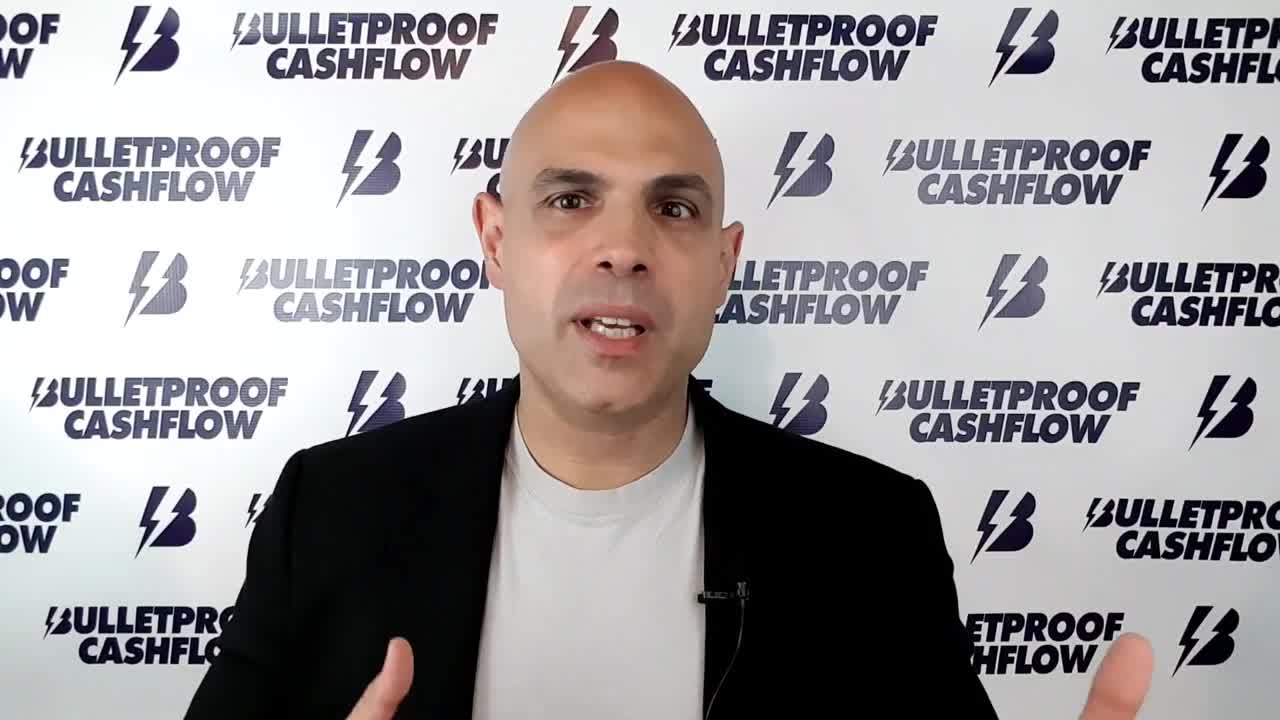Premium Only Content

3 Cognitive Biases That Will Make You Lose Deals! (MUST SEE)
In 1995, billionaire investor and friend of Warren Buffett, Charlie Munger, outlined 25 psychological tendencies that cause us to draw incorrect conclusions. These misjudgments, known as “cognitive biases” can shortcut our decision-making abilities - and sometimes cause us to make bad investments.
They have been with us for thousands of years to help us make quick decisions for everyday life. Now that life is more complex, the decisions we need to make are more complex, and our cognitive biases will trick us into making bad decisions.
Today, we go into three of these biases, what they are, and how they can affect our judgment as investors in deals.
Imagine this. Sixty days ago, you decided to rehab a property. But, you have already put a lot of cash into the deal - about the same as others on the market - and it’s still not done! What’s worse, you think you are still months away from completion. And yet, you are still putting time, money and energy into the failing deal. You may say, “I can’t quit now. I’ve already invested so much into the deal!”
Welcome to the interesting and annoying world of cognitive biases. These cognitive biases only exist in our heads, but they affect everything we do - from how we live, how we work and even how we invest.
As humans, we did not evolve to make logical decisions like a computer. We evolved to survive. Our brains evolved to expend as few resources as possible to conserve energy. To improve our ability to respond to external stimuli efficiently - as an attack by a hungry lion or spending days foraging for food - these biases helped us by providing shortcuts to keep us safe and alive. Think of cognitive biases as mental shortcuts designed to help us survive the hunter-gatherer world from tens of thousands of years ago. In today’s modern world, we do not have these concerns. Many of our scenarios demand more rational calculations than supporting the skills of hunter-gatherers. So, most times, we are left frustrated when what we think is best doesn't get us the result we want or expect.
While we can’t eliminate our cognitive biases, we can better understand them and even use them to our advantage, not only for ourselves but also as it impacts others.
Here are three cognitive biases that will impact us as investors and some tools that can help you keep them in check. I’m not going to go deep into the science behind why these biases exist - unless you want me to. And if you do, leave a comment and let me know. I can expand on the topic and tell you about other biases that impact how we live.
1) The Anchoring Effect
The anchoring effect happens when we give priority to the first information we encounter - even when the information we uncover later is much more relevant or applicable.
We tend to be overly influenced by the first piece of information that we hear. For example, a broker reaches out to you about a pocket listing and throws out a price. With the anchoring effect, they have now set the expectation of what the sale price should be. That sale price becomes the anchoring point from which all further negotiations are based regardless of what your inspection or appraisal says. This is a common tactic in our line of business. It becomes even more important to bid according to your predefined criteria and not overpay. You need to stick to your metrics and not justify price based on emotion or justifications by the broker.
2) Optimism Bias
The optimism bias is our tendency to overestimate the likelihood that good things will happen to us and underestimate the likelihood of anything bad happening to us. We assume things like a job loss, divorce or even death will happen to someone else, but never to us. On the flip side, it’s worth noting that the optimism bias helps us create excitement for the future, especially as it relates to goal setting. This bias keeps us engaged and moving forward to achieve our goals.
The optimism bias helps us as entrepreneurs to push the limits when it comes to taking risks and driving innovation. Optimism is important to helping us find success, but if we get overly optimistic it can be a huge waste of time, money and resources. For example, you buy into a broker’s report of how a building is in an “up and coming” neighborhood. But, there are rough areas less than one block away. So, while you see great things happening in the nearby neighborhood, there are gunshots and crimes happening nearby. Instead of succumbing to the optimism, you need to be skeptical of the rosy expectations. Anticipate and budget to assume it will be more difficult and expensive than you think. Good ideas need hard work rather than just positive thinking.
3) Sunk Cost Fallacy
The sunk cost fallacy describes our inclination to commit to a project, person or thing because we have invested time, money or resources into it - even if it would be better to cut our losses and move on.
-
 10:33
10:33
crushercrushing
4 years ago $0.84 earnedOddly Satisfying Video that Will Make You Fall Asleep
1.12K -
 2:07
2:07
JimmysMooies
4 years agoDieting Will Make You Fat
52 -
 0:31
0:31
stevekitts
3 years ago $0.01 earnedGod will make you move
94 -
 3:52
3:52
blakebuzz
4 years ago $0.03 earnedThe Truth will make you free!
3621 -
 0:14
0:14
Victorwinston
4 years agoA HAPPY DOG THAT WILL CERTAINLY MAKE YOUR DAY
371 -
 1:50
1:50
John Di Lemme - Conservative American Patriot who brings to you the Best of the Best in the Conservative Arena
4 years ago $0.12 earnedYou Will ALWAYS Lose Under Socialism!
1.87K1 -
 2:49
2:49
edmayer
4 years ago $0.06 earnedFOCUS- will Make or Break You
2912 -
 0:34
0:34
Brownberry
4 years agoJasmine will make you laugh too!
147 -
 1:33
1:33
Sean Hannity
4 years agoLara Logan: ‘Very Clear that Biden Has Cognitive Issues at Times’
24.7K70 -
 0:40
0:40
Funwith5
4 years ago $0.16 earnedThis will make you Smile
3663